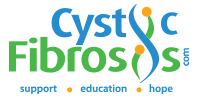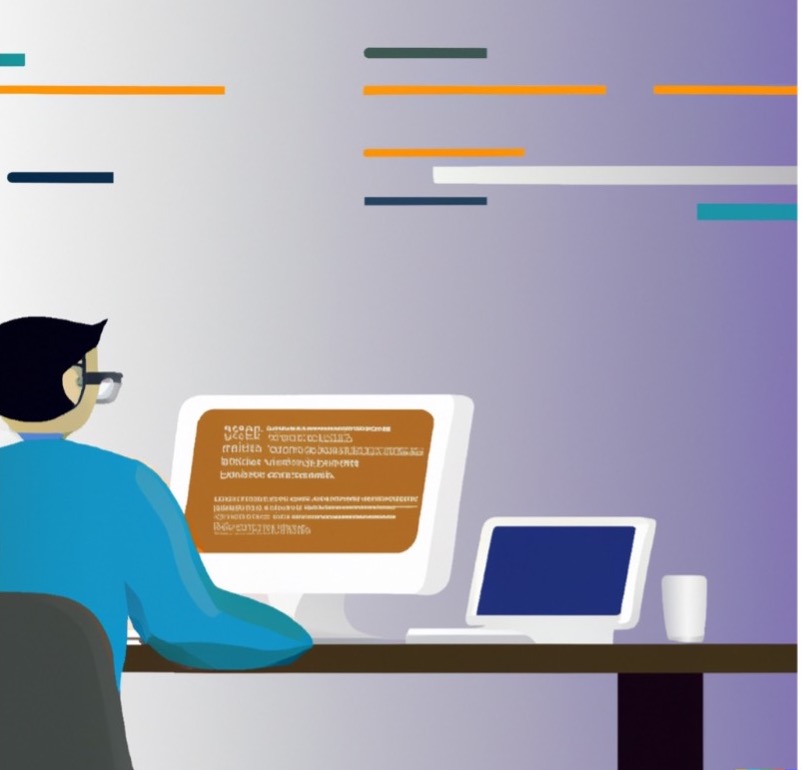Social Security Disability Benefits for people with Cystic Fibrosis
Introducing Deanna Power, the Director of Community Outreach for Social Security Disability Help. She wrote this article for our community at CysticFibrosis.com to help shed light on the subject of applying for disability benefits.
Applying for Disability Benefits with Cystic Fibrosis
by Deanna Power
Cystic fibrosis is a hereditary medical condition that causes an overproduction of thick mucus in your lungs and pancreas, leading to lung infections, breathing difficulties, pulmonary or heart failure, as well as digestion and sleep issues.
If your cystic fibrosis or its symptoms make it difficult for you to work or reasonably hold a job, you may be qualified to receive disability benefits through the Social Security Administration (SSA). These benefits can help you pay your medical bills and everyday living expenses. To be eligible for disability benefits for your cystic fibrosis, there are certain financial and medical criteria you must meet.
Forms of Disability Benefits
There are two main forms of disability benefits with different technical qualifications for each.
The first type, Social Security Disability Insurance (SSDI), is dependent on the amount of time you have worked and how much you have paid through employment taxes. To qualify for SSDI benefits, you must be an adult under 66 years old and have earned a certain number of work credits, which is an amount of taxable income. Generally speaking, anyone who’s worked a minimum-wage job full time for any five of the past ten years will qualify for SSDI benefits.
Supplemental Security Income (SSI) benefits are financial-need based and do not have anything to do with your work history. To qualify, you must not be earning a high income and own less than $2,000 in assets, or $3,000 if married.
To financially qualify for either form of benefits, you must not earn more than $1,130 in wages per month to qualify for SSDI benefits or $733 per month to qualify for SSI benefits from any type of employment. This amount changes each year, and this limit is for 2016.
Blue Book Listing for Cystic Fibrosis
The SSA uses the Blue Book, a comprehensive list of medical conditions and their symptoms, to determine whether or not you medically qualify for disability benefits. Currently, cystic fibrosis is included under the Blue Book list of respiratory illnesses in Section 3.04.
To medically qualify for disability benefits with cystic fibrosis, the SSA will determine if you meet one of three criteria listed for this condition in the Blue Book:
-
Your Forced Expiratory Value (FEV) is equal to or less than a certain value based on your height without shoes. FEV is how much air you can push out of your lungs in one second. Table IV in Section 3 of the Blue Book gives a detailed account of what your FEV should be based on your height to meet the criteria.
-
You have episodes of bronchitis, pneumonia, hemoptysis, or respiratory failure that require your physician’s treatment every two months or six times in a year. If you were in the hospital for over 24 hours, it counts as two episodes. A year means twelve consecutive months.
-
At least once every six months, you suffer a pulmonary infection as well as a persistent and severe bacterial infection that requires nebulization or intravenous treatment.
Start your Application
It is important to keep in mind that if you are working part time and earning more than the $1,130/$733 income limit, you will automatically be denied benefits, regardless of the severity of your cystic fibrosis.
You will also likely be denied benefits if you apply while receiving unemployment benefits. This is because the two programs contradict one another: Unemployment benefits are for people out of the workforce but looking for a job, while disability benefits are for people who are completely unable to work for at least one year. You can be receiving disability from an employer and still qualify, however.
To apply for disability benefits for your cystic fibrosis, you can fill out an application with the SSA online, over the phone, or in person at an office near you. Be sure to talk to your doctor and gather all of your relevant medical evidence. With any luck, your application will be approved quickly and you can get the financial assistance you need.
Deanna Power is the Director of Community Outreach for Social Security Disability Help. She contributes articles to organizations across the country in the hopes of clarifying questions or concerns about the process of applying for Social Security disability benefits. For any additional information or assistance, you may email her at drp@ssd-help DOT org





